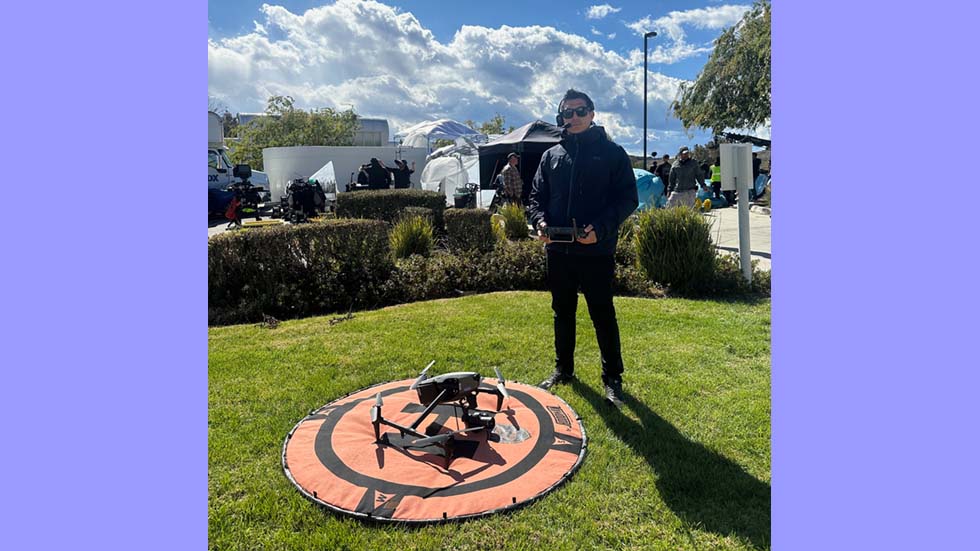New spectrum use approved
The FCC has approved the first “white space” database and the first user devices. Such devices were to begin operation on Jan. 26, 2012, in the Wilmington, NC, area.
White-space devices are supposed to provide Wi-Fi-like services, only better, using locally vacant television channels. Successful operation will depend on complex databases to help each device identify channels on which it can operate safely, without causing interference to television stations, radio astronomy, wireless microphones and several other services entitled to protection.
The FCC's action was in response to filings by Spectrum Bridge, which posted the results of a 45-day test of its system. In response to those tests, the FCC announced its acceptance of Spectrum Bridge's system and, simultaneously, its approval of a white-space device for Wilmington users that operates in conjunction with the company's database. Operators of the various services protected against the devices should make sure their facilities are properly listed in the database.
FCC proposes limited television ownership deregulation
- Radio and television
In its Quadrennial Regulatory Review proceeding, the FCC is proposing to eliminate current rules that prohibit cross ownership of commercial television and radio stations in the same markets. The restriction on such common ownership was first imposed in 1970 but was relaxed in 1999 to allow radio/television combinations in markets where a minimum number of independent “voices” would remain. However, the 1999 rules effectively precluded combinations of radio and television stations in smaller markets.
The commission has tentatively concluded that in today's media marketplace, consumers do not consider radio and television stations as substitutes for one another. The agency also believes that elimination of the rule will not contribute to further consolidation of the media. Citing its own sponsored studies, the commission said it does not believe the proposed relaxation will decrease viewpoint diversity. Moreover, the FCC agrees with broadcasters that lifting radio/television cross-ownership restrictions will allow broadcasters to better compete in an increasingly Internet-dominated marketplace. - Newspaper and television
The commission also is proposing to relax its television station/daily newspaper cross-ownership restrictions in the top-20 Nielsen DMAs. These restrictions were imposed in 1975 to preserve viewpoint diversity in local markets. In 2006, however, the FCC began considering waiver requests seeking newspaper/television combinations in the top-20 markets. However, the Court of Appeals for the D.C. Circuit rejected this relaxation on procedural grounds, causing the absolute ban on newspaper/television cross-ownership to go back into effect.
The new initiative tracks the 2006 relaxation in the top-20 markets, with a presumption that a waiver of the cross-ownership restriction is in the public interest if a daily newspaper sought to combine with commercial television station in the same top-20 DMA, and (1) the television station is not ranked among the top four in the market, and (2) at least eight independent “major media voices” (other television stations or daily newspapers) would remain in the market after the combination.
Dateline
Comments on these proposed rule changes, and others included in the FCC's rule-making notice, will be due in March.
Get the TV Tech Newsletter
The professional video industry's #1 source for news, trends and product and tech information. Sign up below.
- On or before April 1, 2012, noncommercial TV and Class A stations in Texas must file their biennial ownership reports.
- On April 1, 2012, television stations in Maryland; Virginia; Washington, D.C.; and West Virginia must begin their renewal pre-filing announcements. Renewal applications for stations in these states are due June 1, 2012.
- By April 1, 2012, TV and Class A TV stations in the following states must place their 2012 EEO reports in their public files and post them on their websites: Delaware, Indiana, Kentucky, Pennsylvania, Tennessee and Texas.
Harry C. Martin is a member of Fletcher, Heald and Hildreth, PLC.
Send questions and comments to: harry.martin@penton.com
